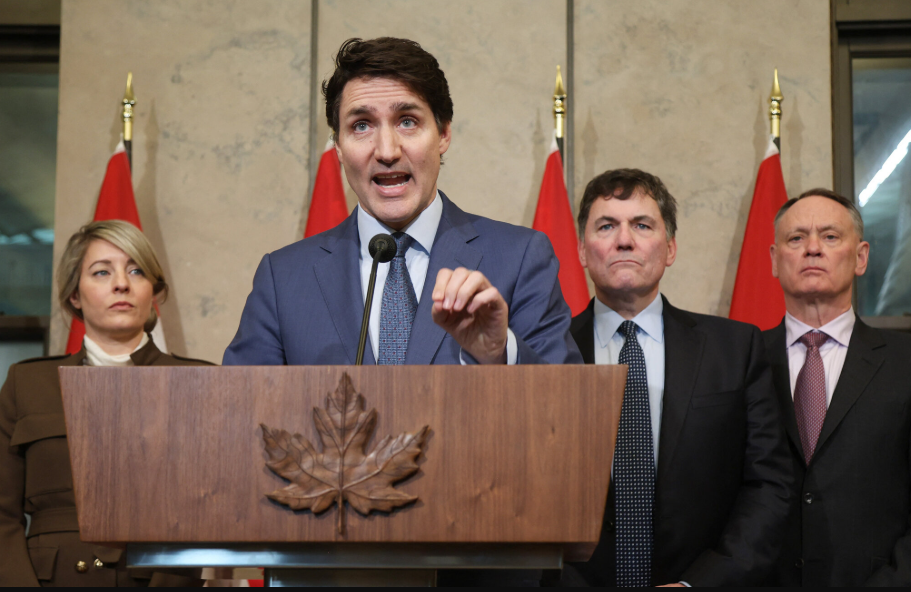Recent developments in global news significantly influence market behavior. Geopolitical tensions, economic data releases, and technological advancements often lead to immediate reactions in investor sentiment. Market volatility can surge based on these events, affecting stock prices and trading volumes. Understanding the underlying mechanisms of this impact is crucial for investors. The question remains: how do these factors intertwine to shape the future of global financial markets?
The Role of Geopolitical Events in Market Fluctuations
As geopolitical events unfold, they often serve as pivotal catalysts for fluctuations in global markets.
Trade tensions can escalate rapidly, while political instability undermines investor confidence.
The impact of sanctions further complicates economic landscapes, and military conflicts disrupt supply chains.
Additionally, election outcomes significantly influence diplomatic negotiations, shaping expectations and reactions among market participants, ultimately driving volatility and altering investment strategies.
See also: The Ethics of Reporting the Latest News: What Journalists Should Know
Economic Reports and Their Influence on Investor Sentiment
Economic reports play a crucial role in shaping investor sentiment, often acting as barometers for the health of the economy.
These reports, which include key economic indicators such as GDP growth and unemployment rates, significantly influence investor psychology.
Positive data can lead to increased market confidence, while negative results may trigger caution, illustrating the profound connection between economic metrics and market behavior.
Technological Breakthroughs and Market Reactions
Investor sentiment is not solely shaped by economic reports; technological breakthroughs also play a significant role in market reactions.
AI advancements often lead to increased productivity forecasts, while blockchain innovations can disrupt traditional industries, driving investor interest.
As these technologies demonstrate potential for transformative change, markets frequently respond with volatility, reflecting the delicate balance between optimism and uncertainty surrounding future developments.
The Ripple Effect: How News Impacts Global Economies
While news events can appear localized, their repercussions often extend far beyond national borders, creating a ripple effect that influences global economies.
Market correlations become evident as news cycles trigger shifts in investor sentiment, prompting reactions across various financial markets.
Consequently, a downturn in one nation can catalyze broader economic implications, affecting trade, investments, and currency valuations worldwide, illustrating the interconnectedness of global economies.
Conclusion
In conclusion, the latest news acts as a double-edged sword for global markets, akin to a sudden storm disrupting a calm sea. For instance, a report indicating a significant rise in unemployment can send shockwaves through trading floors, much like a rogue wave capsizing a boat. This volatility, driven by investor reactions to geopolitical tensions, economic data, and technological advancements, highlights the intricate interconnections in global economies, where optimism and uncertainty constantly vie for dominance.



 The Role of Latest News in Crisis Management
The Role of Latest News in Crisis Management